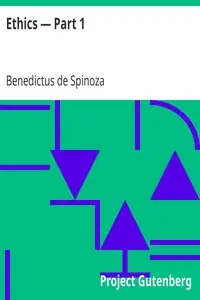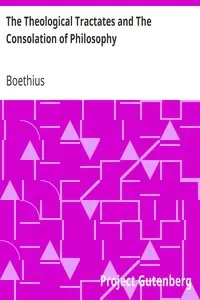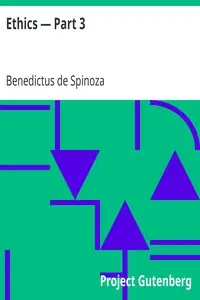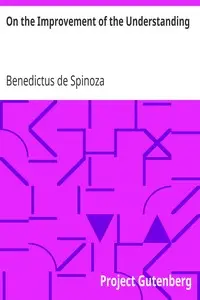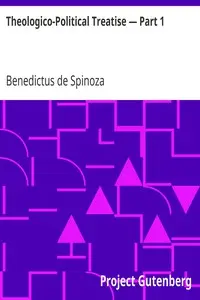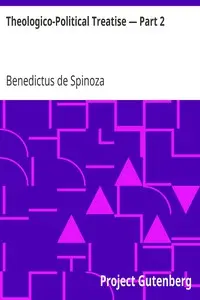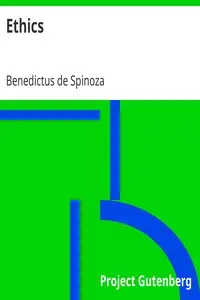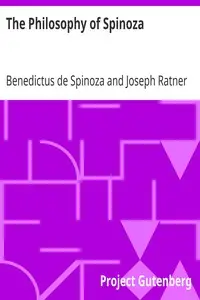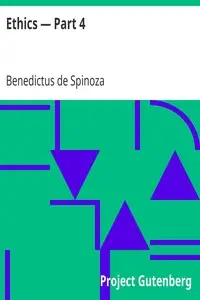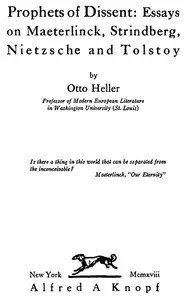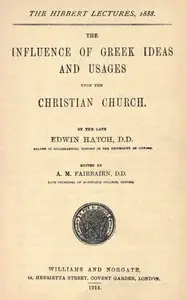"A Theological-Political Treatise [Part III]" by Benedictus de Spinoza is a 17th-century reflection from the Enlightenment that investigates the dynamic between theology, governance, belief, scriptural understanding, and reason. It critically studies the Apostles’ writings, contending they offer moral guidance instead of divine inspiration. According to Spinoza, the scriptures communicate direct moral teachings instead of profound philosophical themes. He emphasizes that faith depends on adherence to ethical principles more than complex theological arguments. Spinoza establishes a distinction between the spheres of theology and reason, indicating that while theology aims for piety and obedience, philosophy pursues truth. This division reduces clashes between belief and logic and supports a religious perspective that corresponds with logical and moral life.
![A Theological-Political Treatise [Part III] by Benedictus de Spinoza](https://cdn.a2-host.cloud/RfUSY02uo0oOw57YDzppE8l66l_RmSgA2_TTgOpK8L0/rs:fill:760:1100:0/g:ce/aHR0cHM6Ly9zcC1hc3NldHMuczMudXMtd2VzdC0wMDQuYmFja2JsYXplYjIuY29tL2Jvb2svOTkxL0FfVGhlb2xvZ2ljYWxQb2xpdGljYWxfVHJlYXRpc2VfUGFydF9JSUlfY292ZXIuanBn.webp)
A Theological-Political Treatise [Part III]
By Benedictus de Spinoza
In a time of great change, a philosopher challenged traditional religious and political thoughts, suggesting a revolutionary way to view faith and reason's relationship.
Genres
Released
1997-07-16
Formats
epub3 (images)
epub
epub (images)
mobi (images)
mobi
txt
Free Download
Summary
About the AuthorBaruch (de) Spinoza, also known under his Latinized pen name Benedictus de Spinoza, was a philosopher of Portuguese-Jewish origin. A forerunner of the Age of Enlightenment, Spinoza significantly influenced modern biblical criticism, 17th-century rationalism, and Dutch intellectual culture, establishing himself as one of the most important and radical philosophers of the early modern period. Influenced by Stoicism, Thomas Hobbes, René Descartes, Ibn Tufayl, and heterodox Christians, Spinoza was a leading philosopher of the Dutch Golden Age.
Baruch (de) Spinoza, also known under his Latinized pen name Benedictus de Spinoza, was a philosopher of Portuguese-Jewish origin. A forerunner of the Age of Enlightenment, Spinoza significantly influenced modern biblical criticism, 17th-century rationalism, and Dutch intellectual culture, establishing himself as one of the most important and radical philosophers of the early modern period. Influenced by Stoicism, Thomas Hobbes, René Descartes, Ibn Tufayl, and heterodox Christians, Spinoza was a leading philosopher of the Dutch Golden Age.
Total Reviews
10.0k
Total reviews from Goodreads may change

![A Theological-Political Treatise [Part IV] by Benedictus de Spinoza](https://cdn.a2-host.cloud/oLEoT01nzb4qmdXej30arzSQ6UapDj-aNEzNc9Ju0qw/rs:fill:215:325:0/g:ce/aHR0cHM6Ly9zcC1hc3NldHMuczMudXMtd2VzdC0wMDQuYmFja2JsYXplYjIuY29tL2Jvb2svOTkyL0FfVGhlb2xvZ2ljYWxQb2xpdGljYWxfVHJlYXRpc2VfUGFydF9JVl9jb3Zlci5qcGc.webp)
